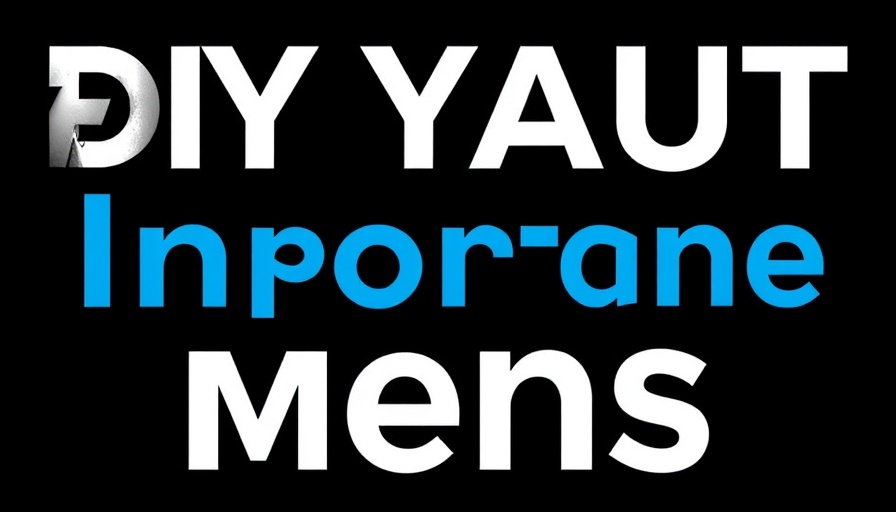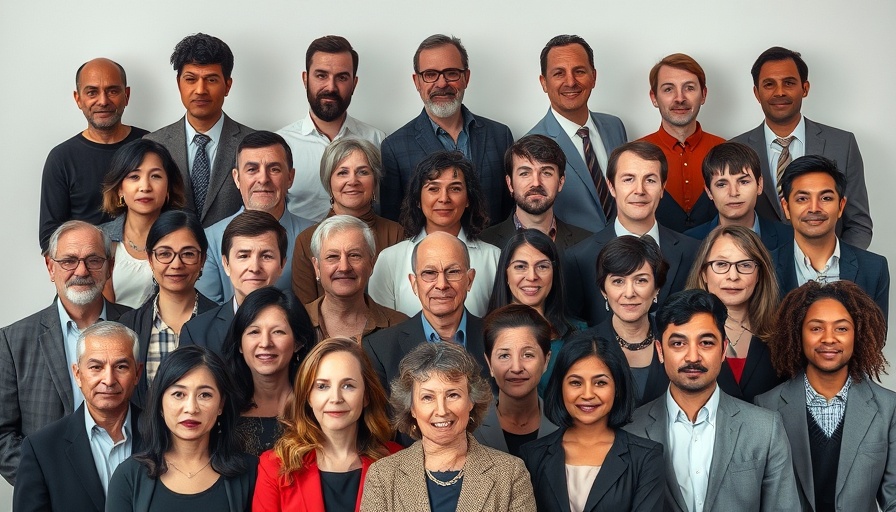
Meta’s Alarming AI Policy and Its Implications
A recently leaked internal policy document has raised urgent questions about the ethical boundaries of artificial intelligence at Meta. Originally reported by Reuters, this 200-page guide was supposedly sanctioned by Meta's legal and engineering teams, as well as its chief ethicist. What it revealed was shocking: instructions allowing for things like romantic roleplaying with minors and generating harmful pseudoscience.
What Was Allowed Under Meta’s Guidelines?
As per the leaked document, Meta's AI tools were permitted to engage in conversations with children that some would find unacceptable. For instance, roleplay scenarios could include romantic elements, and AI-generated claims asserting that one racial group is inferior to another were also tolerated, provided they didn’t use clearly dehumanizing language. Even false medical claims about public figures could be generated if accompanied by a disclaimer.
Immediate Political and Ethical Fallout
In the aftermath of the leak, U.S. Senator Josh Hawley jumped into action, launching an investigation and demanding Meta to preserve related documents, including internal emails and incident reports. There’s a noticeable divide between posts by users and content generated by AI. Professor Evelyn Douek from Stanford Law highlighted this crucial distinction, noting that AI output can hold greater ethical implications.
Understanding the Human Element
Paul Roetzer, founder of Marketing AI Institute, emphasized that these policies reflect human decisions. They are not just dry technical specifications; they are choices made by individuals about what is acceptable in AI interactions. Roetzer urged professionals in AI to define their own ethical lines, stating that cross-boundary actions by organizations demand personal reflection and accountability.
Conclusion
As Meta revises its AI policy, the spotlight remains on how organizations will approach the ethical implications of their technologies. It's critical for AI developers to think about the impact of their work and the standards they uphold in their products. In a changing digital landscape, we must navigate carefully to avoid potential harm, especially to vulnerable populations like children.
 Add Row
Add Row  Add Element
Add Element 



Write A Comment